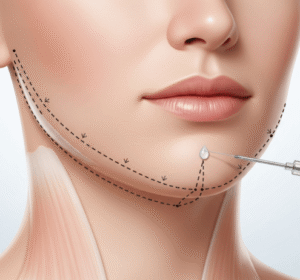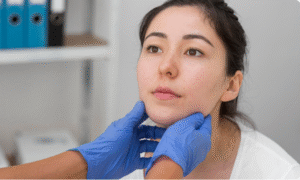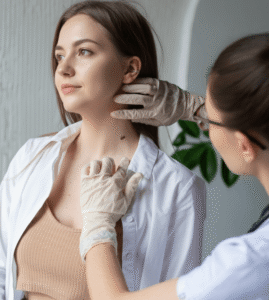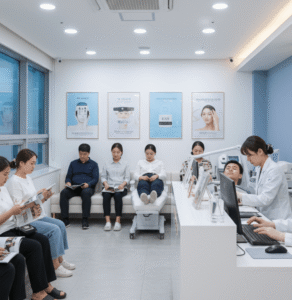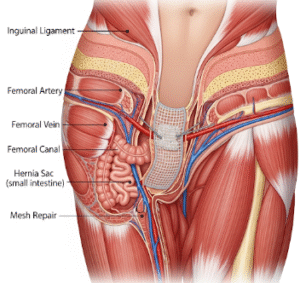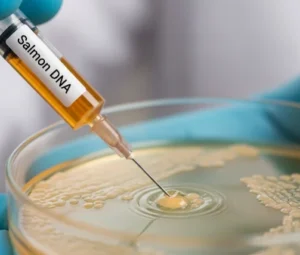Overview
Crabs, medically known as pubic lice infestation (Pthiriasis pubis), are tiny parasitic insects that infest the coarse hair of the human genital area, although they can also appear on other hairy regions like the chest, armpits, and eyelashes. While not typically dangerous, crabs cause intense itching, discomfort, and embarrassment. In South Korea, healthcare services provide effective diagnosis and treatment with easy access to medications and guidance.
What are Crabs?
Crabs are tiny insects that feed on human blood, causing irritation and itching. The infestation spreads primarily through sexual contact, but it can also be transmitted through infested bedding, towels, or clothing. Crabs are different from head or body lice and specifically target coarse body hair.
Symptoms
- Intense itching in the pubic area, worse at night
- Red or bluish spots caused by bites
- Visible small lice or eggs (nits) attached to hair shafts
- Mild inflammation or secondary bacterial infection from scratching
- Occasionally, lice may infest eyelashes or eyebrows
Causes
- Direct sexual contact with an infested person
- Sharing infested clothing, towels, or bedding
- Poor personal hygiene (less commonly)
Risk Factors
- Unprotected sexual activity or multiple sexual partners
- Close contact in crowded environments
- Adolescents and adults aged 15–40 (most commonly affected)
- History of other sexually transmitted infections
Complications
- Secondary bacterial infections due to scratching
- Psychological distress or embarrassment
- Rarely, eyelid infestation can lead to conjunctivitis
Prevention
- Avoid sexual contact with infested individuals
- Do not share towels, clothing, or bedding
- Wash clothing, towels, and bed linens in hot water
- Maintain regular personal hygiene
- Inform sexual partners if infestation is diagnosed
Treatment Options in Korea
South Korea provides safe and effective treatments for pubic lice through clinics and pharmacies:
- Topical Medications
- Permethrin 1% cream or lotion (first-line treatment)
- Pyrethrin with piperonyl butoxide for sensitive individuals
- Apply to affected areas and follow recommended duration
- Oral Treatment (if needed)
- Ivermectin may be prescribed for severe or resistant infestations
- Supportive Measures
- Wash clothing, towels, and bedding in hot water (≥50°C)
- Avoid sexual contact until treatment is complete
- Comb out nits with a fine-toothed comb
- Follow-Up Care
- Re-examination to ensure eradication of lice
- Treat sexual partners simultaneously to prevent reinfestation
- Medical Consultation
- Clinics in Korea offer confidential diagnosis and treatment, including general hospitals, dermatology clinics, and sexual health centers


